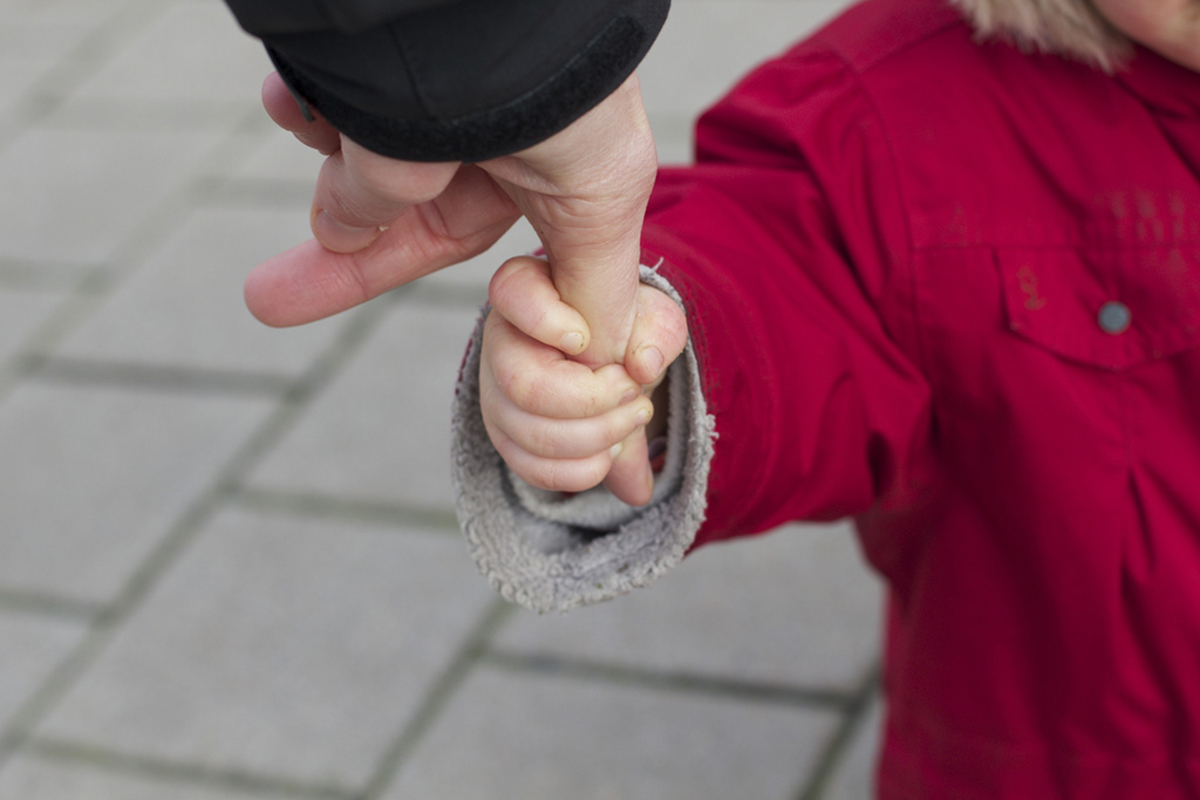Table of Contents
The main concern with the attachment theory is that using physical punishment can have a detrimental effect on the quality of a relationship between a parent and child. A child’s bond with a parent is fostered by warm and positive parenting, children who interact negatively with a parent are more likely to grow up insecure and aggressive. There have been a number of different research studies that showed physical punishment had a negative association with the parent-child bond.

Maternal depression has the biggest impact on the parent-child bond, followed closely by negative interactions, frequency of spankings and relationship stress. When a new mother is stressed and/or depressed, it may lead to an increase in spanking and negative mother-baby interactions.
Mental Health Consequences
Less frequently than external behavior, but equally as important, is the development of internal mental health issues related to physical punishment and these include suicidal thoughts, depression, anxiety, and other issues. Many times, these types of issues are not addressed and treated, leading to lifelong issues, such as influencing the parenting abilities of the next generation.
The effects of parental discipline on depression was mediated by low self-esteem in Anglo children, but not Asians. Interestingly, punitive discipline also had a more negative effect on internalizing behaviors in female than male children.
Culture And Ethnicity
There has been a lot of research done on the relationship between ethnicity, aspects of parenting and discipline and the outcome it has on children. The aspects of discipline and physical punishment will vary across social and cultural lines. Punishment has different meanings in some cultural groups and the parent-child relationship is another important aspect. Discipline is looked upon as culturally acceptable and is a sign of good parenting skills and therefore the effects of it are positive.
There are also however, some other confounding factors with ethnicity such as poverty, low social status and the risks associated with living in disadvantaged neighborhoods. Generally, extremely harsh discipline that borders on physical abuse is equally deleterious for all children, no matter what culture they come from. The negative effects of corporal punishment have been witnessed across cultures.
Summary
The use of corporal punishment is deeply rooted in our culture and history, but it is clearly a preventable health risk for children. Physical punishment does not necessarily mean a harmful effect, but the more that a child is spanked or disciplined through physical means, the more likely it is they will have problems with anxiety, depression and aggression later in life. The use of physical punishment as a means of family discipline is a definite health risk for children, a risk which many parents may not expose them to if they really understood the probability of negative and harmful consequences.
There is no universal method of effective discipline and while many research findings have been clear, the application of these methods in real life are a different matter. Many parents wish to avoid the health risks inherent in punitive approaches towards their children and changes can be made with or without external support.
See Also: How To Choose A Safe Babysitter For Your Child
- Photo courtesy of Creative Donkey via Flickr: www.flickr.com/photos/binusarina/3889528397
- Photo courtesy of Stephanski via Flickr: www.flickr.com/photos/stephanski/6749689975
- http://jom.sagepub.com/content/40/5/1365.full.pdf+html
- www.msd.govt.nz/about-msd-and-our-work/publications-resources/journals-and-magazines/social-policy-journal/spj27/the-state-of-research-on-effects-of-physical-punishment-27-pages114-127.html
- www.tcd.ie/childrensresearchcentre/assets/pdf/Publications/Parenting_Styles_and_Discipline_Summary_Report.pdf
- www.scribd.com/doc/144907600/Spierenburg-Punishment-Power-and-History#scribd
- www.marshall.usc.edu/news/releases/2013/power-s-punishing-impact


Your thoughts on this